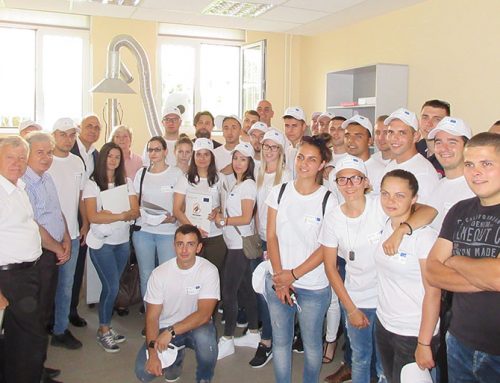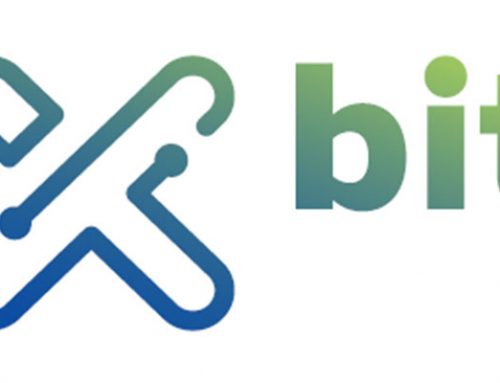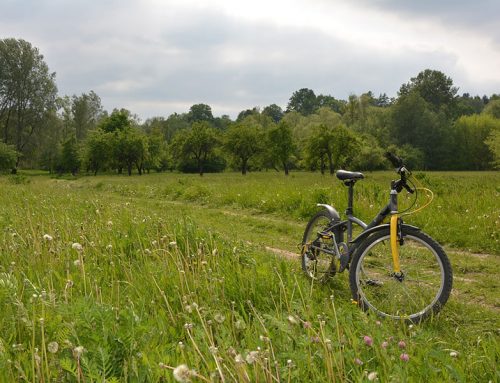Jovica Stojković is a farmer from Navalin near Leskovac, South Serbia. According to Stojković, the climate in his region is better than in the Netherlands: “We have more sunny days, better-tasting fruit, cheaper labour, but so far we haven’t had a vision and the people on site who can network on behalf of producers.” However, life for this farmer and many others on the 40,000 farms producing red peppers, potatoes, cabbage, tomatoes, berries and pears in the area is all set to change.
In the so-called Green Zone of Leskovac, plans are underway to establish a centre for produce collection and distribution, which will include cold storage and fruit and vegetable processing facilities and be managed by professionals who will work on placing the produce on the market and attracting investors in the Zone for its further development.
Getting the Green Zone to the stage where such activities could take place has taken time and investment: before any development could start, the legal and procedural infrastructure to support the Zone had to be put in place. This has been managed and overseen by Leskovac city representatives in cooperation with EU-PROGRES, the European Partnership with Municipalities Programme, which since July 2010 has been investing in projects that enhance stability and socio-economic development in South and South West Serbia.
The development of Leskovac’s Green Zone is typical of the 100 projects that EU-PROGRES has supported to date. Its work on this project has seen it not only contribute to the Green Zone’s infrastructure and good governance needs, but also provide vital equipment to ensure its progress and improve its business opportunities by establishing a One-Stop Shop that will cut down the administrative barriers to obtaining location and construction permits.
Turning a difficult situation around
Funded jointly by the European Union, the Swiss Government and the Government of Serbia to the tune of €18.1 million, the programme is a major 3-year development initiative in an area of Serbia which has a reputation for instability, poor infrastructure, poverty and high unemployment. To add to this grim scenario, residents have shown little interest in the past in participating in local government and minority groups have often been ostracised from community life.
By the time the programme ends, it is expected to have made a significant contribution to improving this situation by tackling the 25 municipalities of South and South West Serbia’s many social and economic problems head on. Besides assisting the Green Zone of Leskovac, the programme has already enabled, among many other activities, free legal aid for about 600 citizens, primarily vulnerable, through Citizens Assistance Centres; supported employability of around 600 Roma and people with disabilities; and developed a project to provide access to clean water for 800 families.
More information
Project: The European Partnership with Municipalities Programme – EU PROGRES – www.euprogres.org
Implemented by: United Nations Office for Project Services (UNOPS) – www.unops.org
See also: Government of the Republic of Serbia – www.srbija.gov.rs
Swiss Agency for Development and Cooperation (SDC) in Serbia – www.swisscooperation.org.rs



